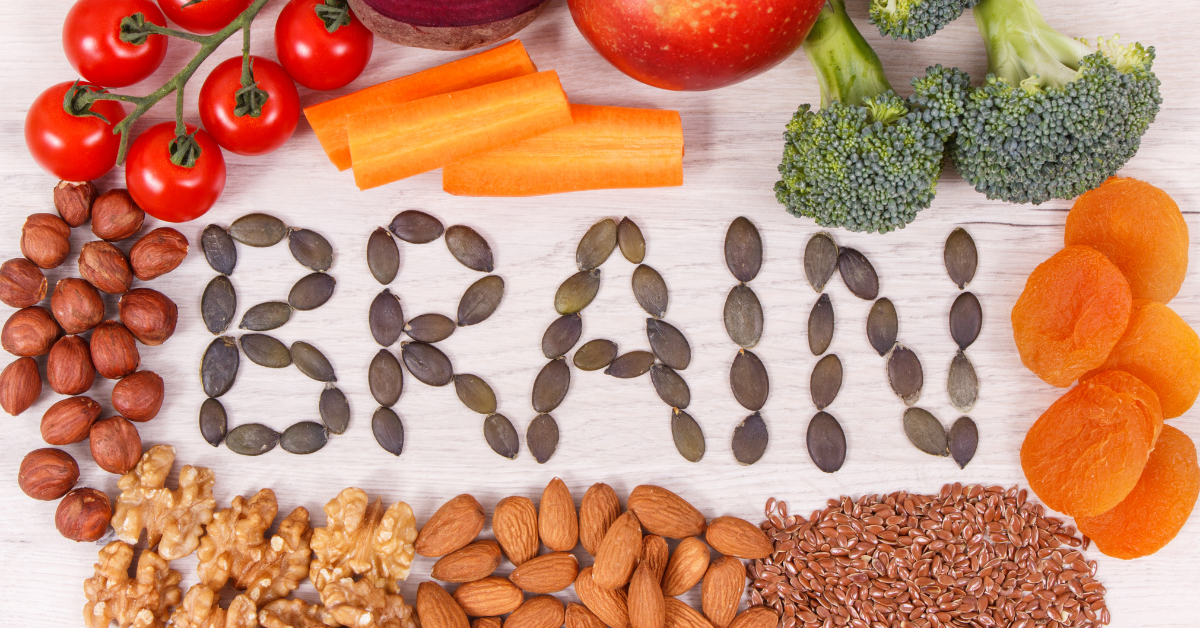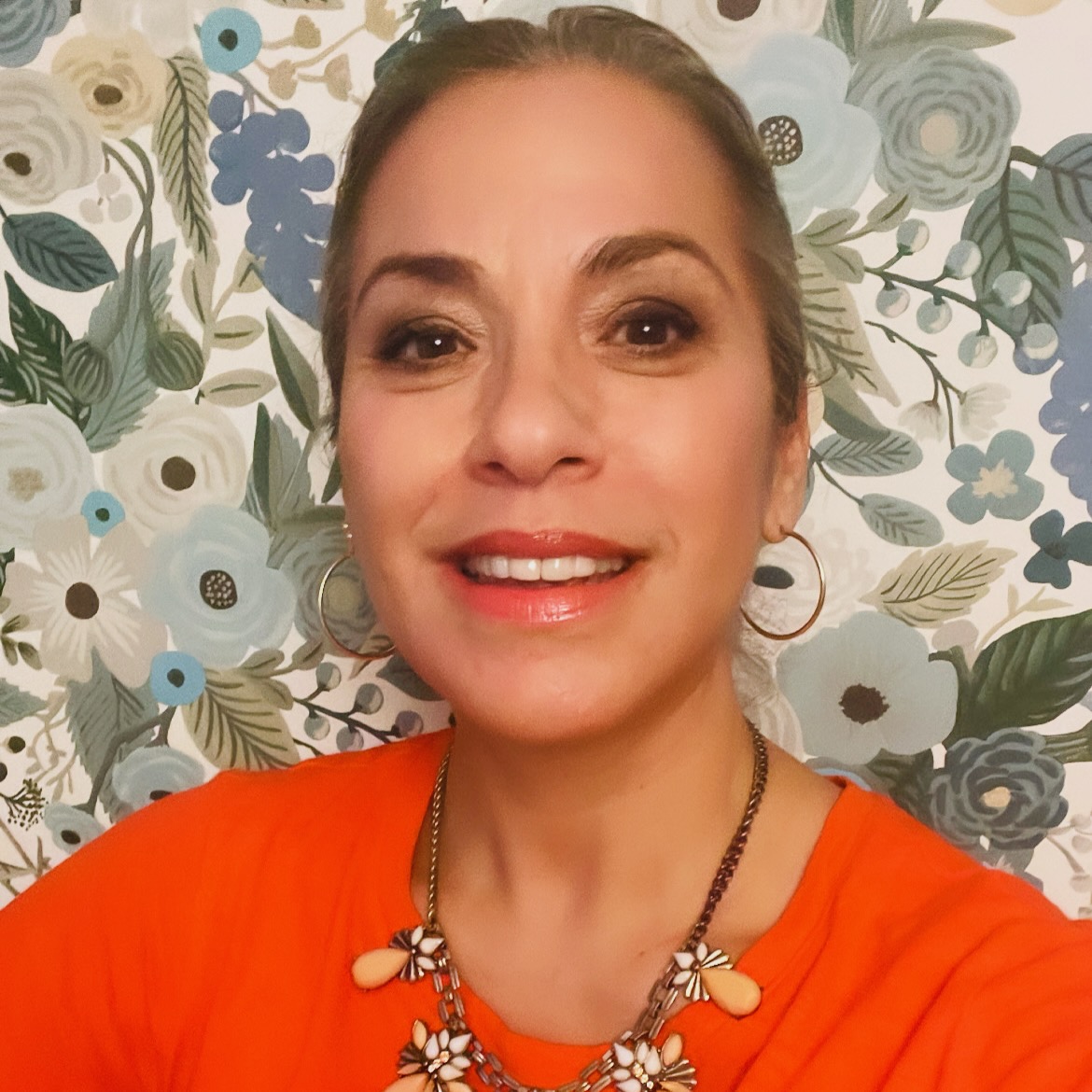Our June focus has been all about brain health and Alzheimer’s awareness. (If you missed our last Wellness Webinar on these very topics, don’t worry! It’ll be uploaded to our YouTube channel in a few weeks.)
Alzheimer’s disease is not a natural change that comes with aging, but the most well-known risk factor is getting older, and the majority of Alzheimer’s patients are 65 and up. Unfortunately, Alzheimer’s currently has no cure, but more research is being done in hopes of finding one. While we don’t know what causes Alzheimer’s disease in the majority of people, research shows the disease is a combination of age-related changes in the brain, as well as environmental and lifestyle factors, and maybe a specific genetic risk factor: the gene known as apolipoprotein (APOE) E4 [1].
What to Know
Several disorders–high blood pressure, high cholesterol, and diabetes–linked to cardiovascular disease and may also lead to an increased risk of developing Alzheimer’s disease. A person is more likely to develop Alzheimer’s if they have a biological parent or sibling who has the diagnosis. Also important is our gut-brain connection. Our gut microbiota (the good and not-so-good bacteria) interactions play a major role in the health of our nervous system [2]. As with so many other conditions and diseases, a focus on social and mental engagement, physical activity, diet, and sleep may play a role in supporting our overall brain health and reducing our risk of Alzheimer’s Disease.

What to Do
Getting about 7-9 hours of sleep each night can stave off neurodegenerative diseases. There is overwhelming evidence that getting less than 6 hours of a sleep on a regular basis can increase the risk of dementia by about 30%. Physical activity is linked to a lower incidence of cognitive decline and is an important aspect of any total body wellness regimen. When it comes to eating habits, it’s no surprise that consuming whole grains, legumes, vegetables, fruit, nuts/seeds, and seafood may support our overall brain health as well as reducing our risk of other chronic conditions like diabetes and heart disease [3].
Eating well is one way to support our brain health, but so is socializing. Maintaining strong social relationships and remaining cognitively active as we age may reduce our risk of cognitive decline from Alzheimer’s disease. While researchers are not sure exactly why there’s a link between the two, there may be direct mechanisms that build connections between the brain and nerve cells as a result of social and mental stimulation [4].

Action Plan
Start with one small thing and build on it. For example, every Friday, for the past handful of years, my bestie and I have a standing virtual meeting to check in and catch up. Lately, we’ve also been adding in-person days of fun to our calendars where we spend time together chatting about all the things while we treat ourselves to a lovely lunch at a nearby restaurant or stay put and enjoy a homemade meal made by my sweet friend. On sunny weekends, my boyfriend and I will grab a ferry out to our favorite NYC beach and soak in the energy and vibes of our fellow beachgoers.
If you haven’t reached out to a loved one in a while, schedule some time on your calendar this week to contact a few people in your life who bring you joy. Forward plan by making a brunch or dinner date with someone before the end of summer. Ask a friend to join you for a walk the next time you head outside for fresh air. (Bonus points for socializing while eating yummy foods and getting in some movement!) Engage in fun or deep conversations knowing that you’re doing your mind, body, and soul good.
References:



0 Comments